“Travel grants enable more extensive book tours”
Gaea Schoeters has achieved great success in German-speaking countries, where her books are finding an ever-growing readership. Her publisher, Zsolnay Verlag, plays a crucial role in this process and regularly invites her to book presentations in Germany, Austria, and Switzerland. Lena Dorner, staff member at Zsolnay Verlag, is closely involved in these activities, which are supported by travel grants from Flanders Literature. Lena testifies about the impact of these book tours and their significance for the dissemination of Flemish literature.
In what ways has the travel grant from Flanders Literature helped you to promote Gaea Schoeters’ work?
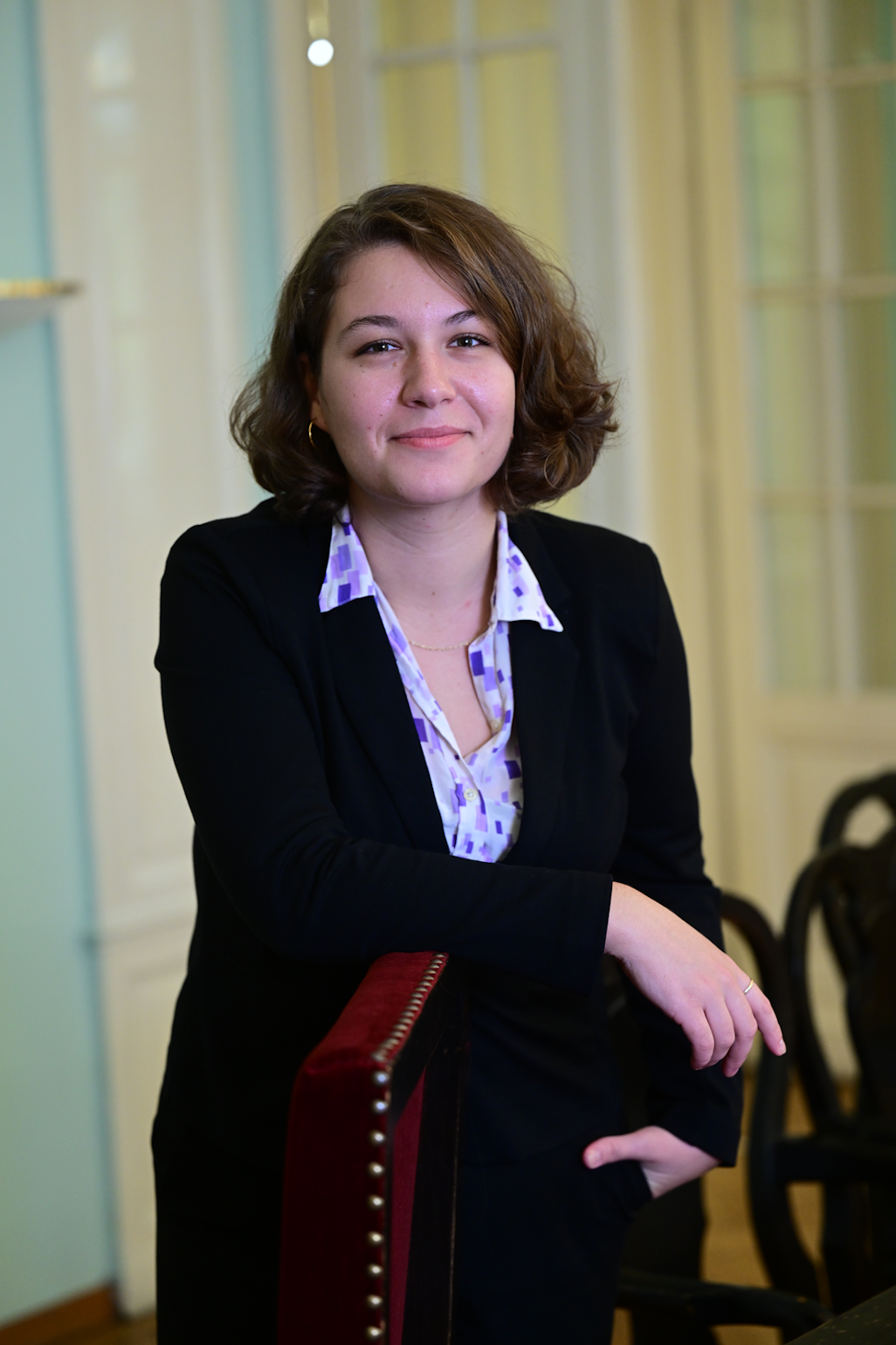
“The travel grant has played a key role in Gaea Schoeters’ growing success in German-speaking countries. When we first published Trophäe, she was virtually unknown in the DACH region (the geographical area in Central Europe encompassing Germany (D), Austria (A), and Switzerland (CH)). But through strong media coverage and series of well-attended book readings and events, her visibility steadily increased – and so did her readership.
Let’s be honest: who takes a chance on a relatively unknown author – someone who had only just begun learning German a year earlier – to host a reading at their venue? The answer lies in the small, dedicated literary organizers who form the cultural backbone of the region. These passionate professionals depend on supplemental funding and grants to bring international voices like Gaea’s to their audiences. Without such support, many of these encounters simply wouldn’t be possible.”
What motivates Zsolnay Verlag to organize such a large number of author tours?
“Book tours are a powerful tool for generating publicity – for both the author and their book. First, there's the direct impact on booksellers, who often develop a personal connection with the author – making them more likely to actively promote and recommend the book to their customers. Then there's the audience at the reading, who get to experience the author and their work firsthand.”
Book readings and signings often lead to strong sales – not just for us, but also for the local bookstore hosting the event.
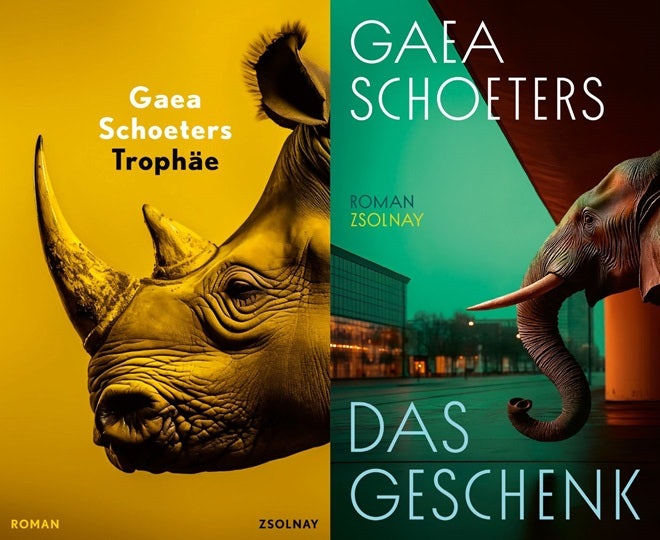
Could you describe some of the most memorable events made possible through the travel grants?
“Just a few weeks ago, Gaea Schoeters visited us in Vienna for a special book tour we call Bookshop-Hopping. She also met with numerous journalists to give interviews in promotion of her new book ‘The Gift’.
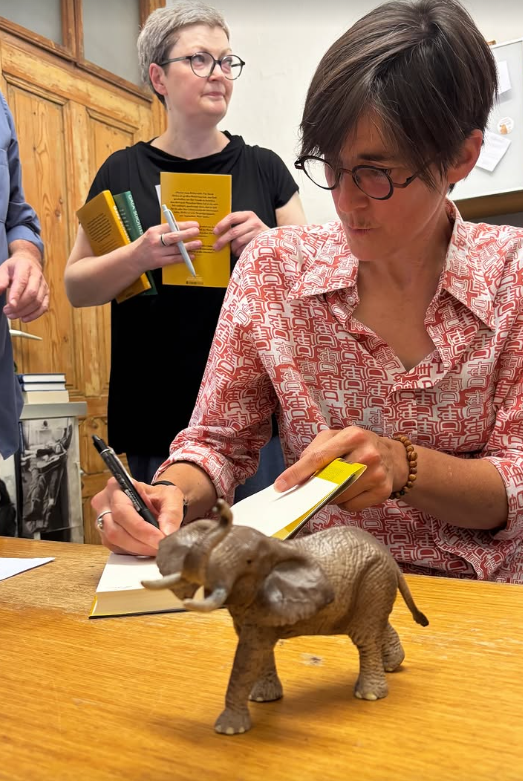
Being the engaging and thoughtful conversationalist that she is, Gaea is the perfect candidate for in-person interviews – captivating journalists and deepening interest in her work. But the second part of her visit was just as impactful: she visited four local bookshops, all of which are enthusiastic supporters of her previous book Trophäe.
Each bookselling team had planned a unique activity with her: from recording a podcast, to a meet-and-greet with readers, to an informal after-work happy hour. This personal engagement was particularly meaningful, as Gaea didn’t just reach individual booksellers – she also connected with their customers and a wider public as well, thanks to our social media coverage across multiple platforms.”
How do these events contribute to building relationships with German-speaking literary community?
“Through book readings, interviews, and other forms of press coverage, Flemish authors such as Gaea Schoeters and their translated works become part of the literary discourse in the countries they visit. Their presence frequently leads to media attention, including articles, radio features, and critical reviews – exposure that is essential for building an international readership.”
When translators accompany authors, their role also comes to the forefront. These joint appearances highlight the importance of translation as a cultural bridge, drawing attention to the often-invisible work that makes cross-border literary exchange possible.
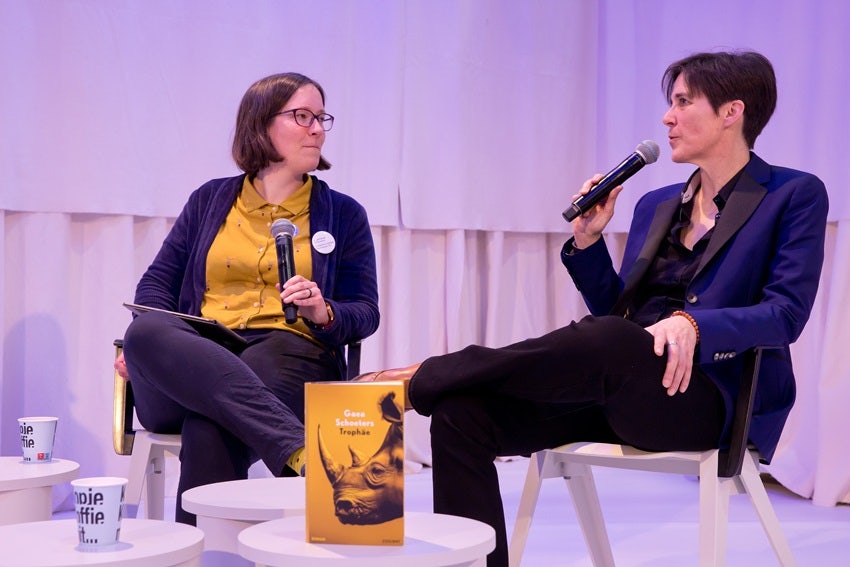
Have you noticed any changes in the reception of Flemish literature in Germany thanks to these frequent in-person events?
“Meeting authors in real life creates direct and memorable connections with readers, booksellers, event organizers, and journalists. These face-to-face encounters allow for a more in-depth dialogue about the books and the themes they explore – topics that are just as relevant in Austria, Germany or Switzerland as they are in the rest of Europe.
By participating in book tours, press interviews, and public discussions, Flemish authors become active voices within the German-speaking literary discourse. Their presence resonates not only with audiences but also with the local media – often resulting in reviews, feature articles, or radio features that amplify their reach beyond the event.
The Leipzig Book Fair focus on Flanders and the Netherlands, together with Gaea Schoeters’ recent success, has significantly increased the visibility of Flemish literature in German-speaking countries. Resulting in a renewed curiosity for Flemish books.”
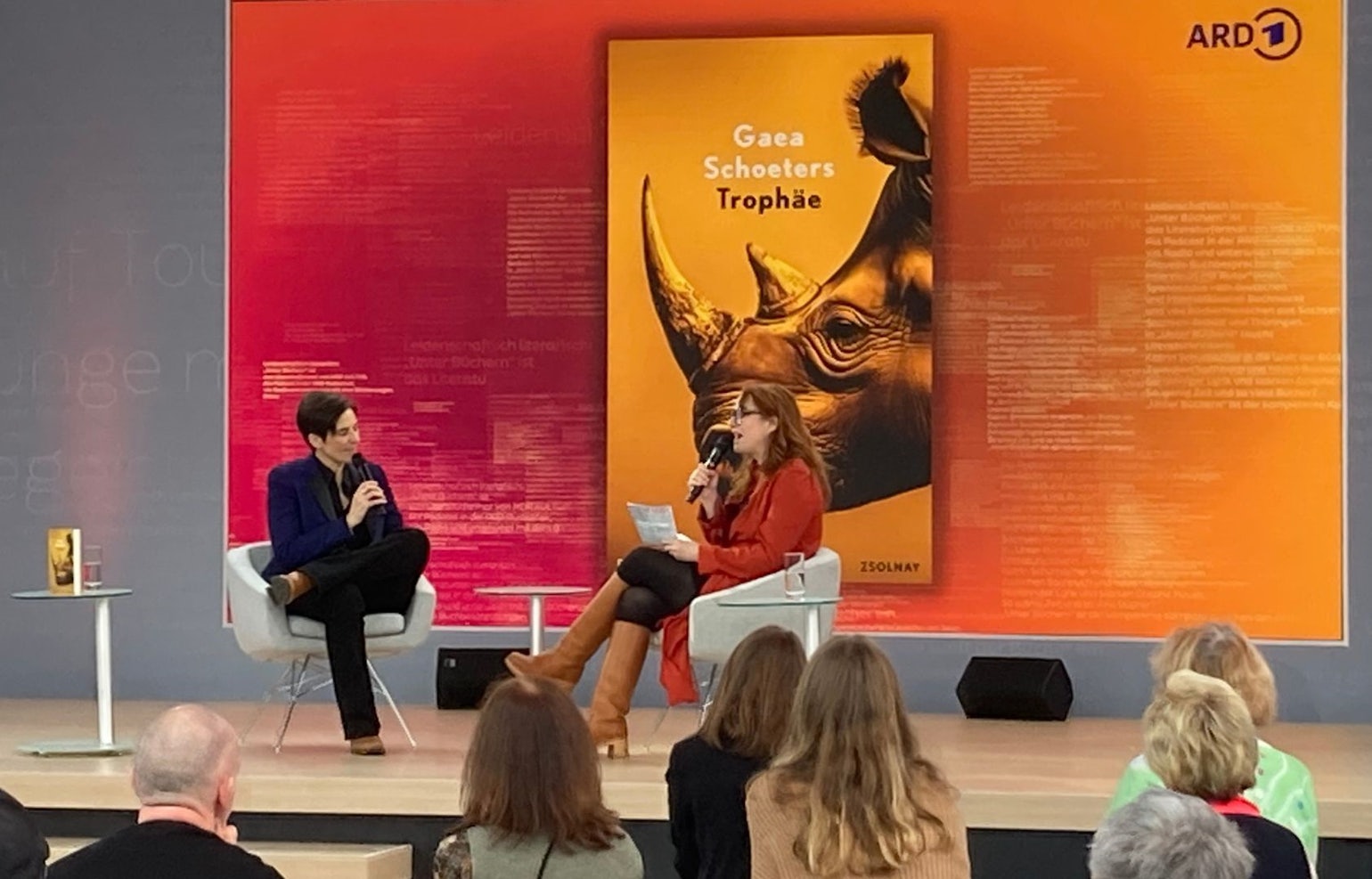
What are the main logistical or financial challenges when organizing so many literary visits, and how does the travel grant help address them?
“The travel grant by Flanders Literature not only supports exchange between countries, but also between cities and rural towns. In major urban centers, the chances are relatively high that we can find a venue willing – and financially able – to host an international author. But in smaller or more remote towns, there may be only one literary society or independent bookshop, often with limited resources. These local organizers benefit tremendously from support like the travel grant, as they would otherwise be unable to afford hosting authors from abroad.
The application process is notably user-friendly.
From the simple online form to the fact that authors can submit their travel tickets and receipts themselves and receive reimbursement directly: the streamlined approach significantly reduces administrative effort and increases the likelihood that the grant will actually be used.
The impact of the funding is immediate and tangible.
It doesn’t get lost in bureaucracy, but directly benefits the organizers and the author. This kind of support is not only helpful: it is genuinely a 100% effective and deeply meaningful.
In addition, the travel grant enables us to organize more extensive book tours, with additional stops and the opportunity to schedule a reading for nearly every available evening. This not only increases visibility for the author, but also deepens connections with readers, enhances media exposure, and ultimately boosts book sales.
This success ultimately extends beyond national borders: it creates momentum that reaches into other countries and, in turn, reflects positively back on the authors in their home country. As a result, authors gain international recognition and visibility, while Flemish literature as a whole benefits from a stronger global presence.”
As a foreign organisations, you can apply for financial assistance by Flanders Literature to invite Flemish authors to events that are closely linked to their literary activity.
- Events may include readings, press presentations, festivals, book fairs, exhibitions, etc. Digital events are also eligible for a travel grant.
- Travel grants cover or contribute to the travel expenses of Flemish authors who are invited abroad, or, in the case of a digital event, the costs incurred in organising the event for a maximum amount of 500 euros.
- We expect you to provide a reasonable fee for the author and we will provide an additional fee of 100 euros per event that will be paid directly into the author’s account, with a maximum of 500 euros per grant.
- Read our grant guidelines.
- Visit our online portal My Flanders Literature (use our manual if you need assistance).
- Register as a contact person for an organization (you cannot apply as an individual).
- Login to your account (choose 'Continue as the contact person of an organisation' on the page 'Who am I?').
- Fill out all the information for your application.
- Submit your application before leaving the portal.